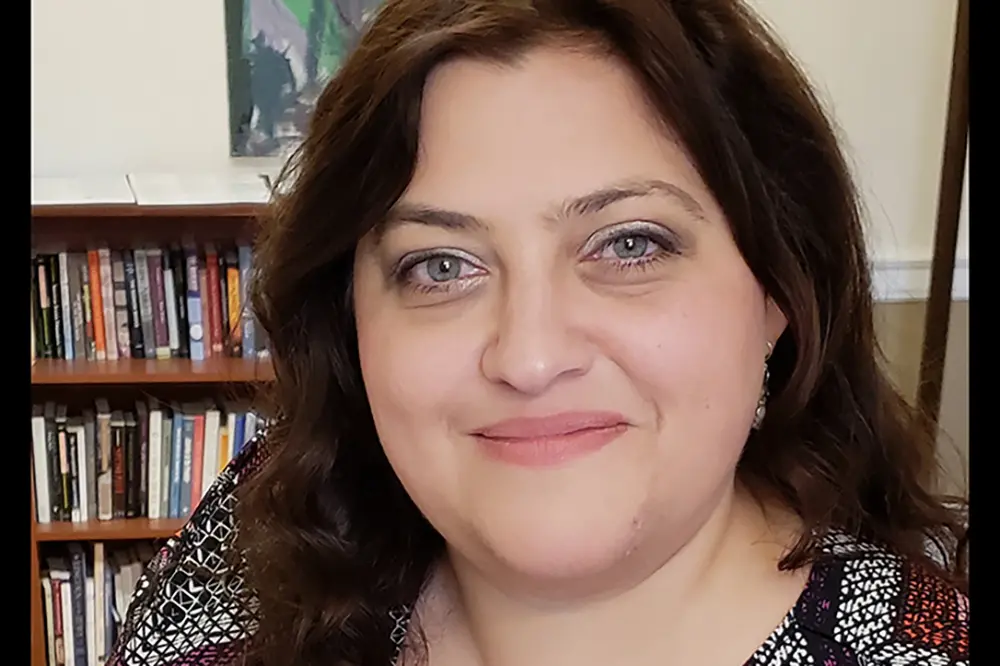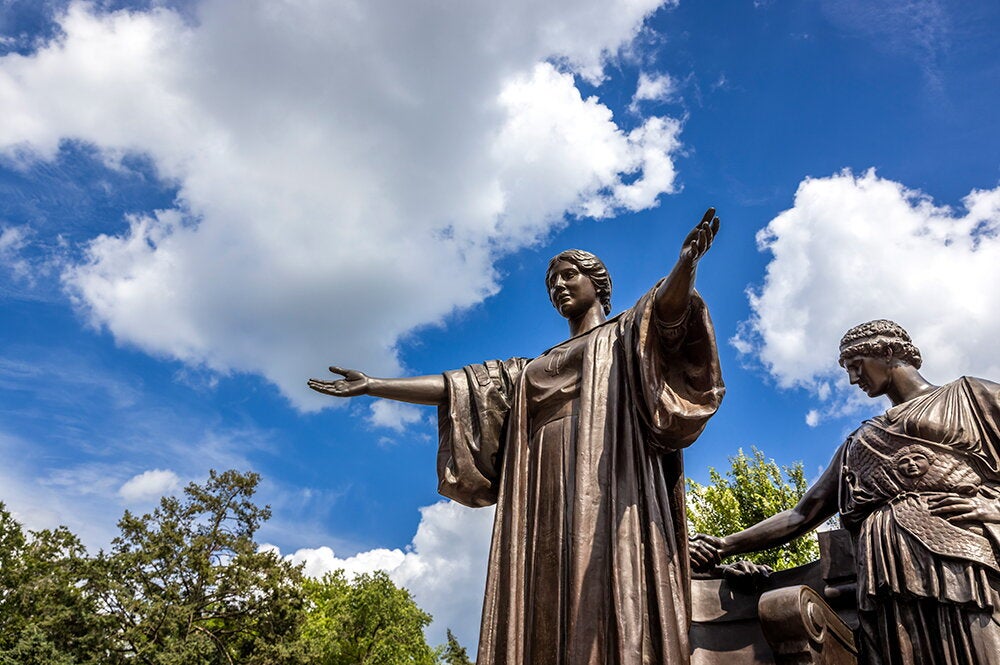

Editor’s note: Israel and Hamas began airstrikes against each other on May 10, in the worst fighting between Israelis and Palestinians since 2014. The fighting started after weeks of interethnic violence in Jerusalem, and the anticipated decision of the Israeli Supreme Court over a property dispute that would lead to the evictions of six Palestinian families in East Jerusalem. A cease-fire took effect last week but the region remains tense.
Rachel S. Harris, a University of Illinois professor in the Program in Comparative and World Literature and The Program in Jewish Culture and Society, studies Israeli literature and culture and has written about the Arab-Israeli conflict. She spoke with News Bureau arts and humanities editor Jodi Heckel.
Why did we see an increase in tensions and the airstrikes, after a long period of relative calm?
There are several factors at play and not all of them are being discussed in the news media, not least of which is that the lockdown restrictions from COVID-19 were eased in April. After more than a year of intense lockdown, over 50 percent of the population has now been vaccinated. COVID-19 restrictions eased at the time when several Jewish and Muslim religious holidays led to the gathering of large groups in close proximity at religious sites.
While there have been a few hot-button issues, these have been allowed to erupt partly because of a leadership vacuum among both Israelis and Palestinians. Israeli Prime Minister Benjamin Netanyahu doesn’t have the votes to form a coalition government, despite Israelis voting in the fourth election in two years. He also is facing corruption charges that undermine his leadership position.
Mahmoud Abbas, the president of the Palestinian authority, indefinitely postponed planned May elections, the first Palestinian elections to be held since 2006, most likely because his party Fatah would lose to rival Hamas. His position had been weakened due to increasing autocracy and corruption, but also because recent peace treaties between Israel and several Arab countries at the end of 2020 and early 2021 ignored the situation of Palestinians – offering his opponent Hamas an opportunity to cast him as increasingly irrelevant as a political leader.
What do you think will be necessary to end the fighting?
Hamas is using its display of firepower to champion itself as the protector of Jerusalem and Muslim holy sites. Coupled with the increasing disappointment with Fatah, this offers Hamas further advantage in a leadership battle and gains it support in the Arab world more generally.
For Israel, the current hostilities offer an opportunity to weaken the Hamas military infrastructure, but there also are political considerations at home. In times of war, the country is more likely to swing toward supporting a right-wing government and is willing to overlook domestic political concerns for the sake of national security – and Netanyahu’s strong track record makes him a favorite in such a power play.
Ultimately, the violence empowers extremists on both sides and undermines the possibility of a liberal coalition Israeli government supported by Arab parties, which was considered likely as late as a week ago.
International pressure from regional partners and the United States may stop the current violence but is likely to do little to create longer term stability, and this current powder keg may be easily relit without significant realignments in domestic politics.
What can President Biden do to de-escalate the conflict? What about international pressure through the United Nations Security Council?
While the United States and the United Nations Security Council are likely to bring an end to this flare-up through negotiations, it is unclear whether they can do more than stabilize the current situation. Only by returning to the negotiating table does Fatah have the opportunity to regain the upper hand in internecine politics, and this may be enough to persuade Israel that it is to its advantage to reopen discussions.
There are civilian casualties on both sides, including children who have been killed. Are both Israel and Hamas violating international human rights treaties, and do you think there will be any repercussions for either side?
While Israel is likely to face more wrath for its bombardment of Gaza in the international press, its military approach generally tries to mitigate the number of civilian casualties, making it unlikely to face (legitimate) legal censure. Israel has to share intelligence about targets with allies and demonstrate that its response is proportionate. This is why we see President Biden and others calling for a ceasefire but not threatening Israel with sanctions.
Hamas is not a state entity even though it is de facto running Gaza. It is designated as a terrorist organization by the U.S. and the international community, and it too is unlikely to face legal scrutiny, given the nature of asymmetric warfare and the larger unresolved issues of the conflict.
As both parties find themselves in a public relations war, the moral argument is likely to become more significant than the legal one.


